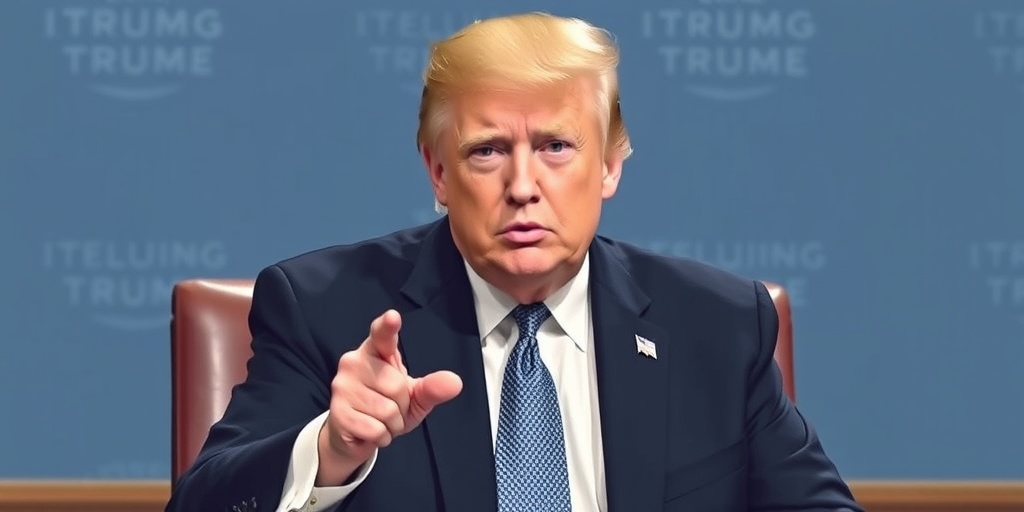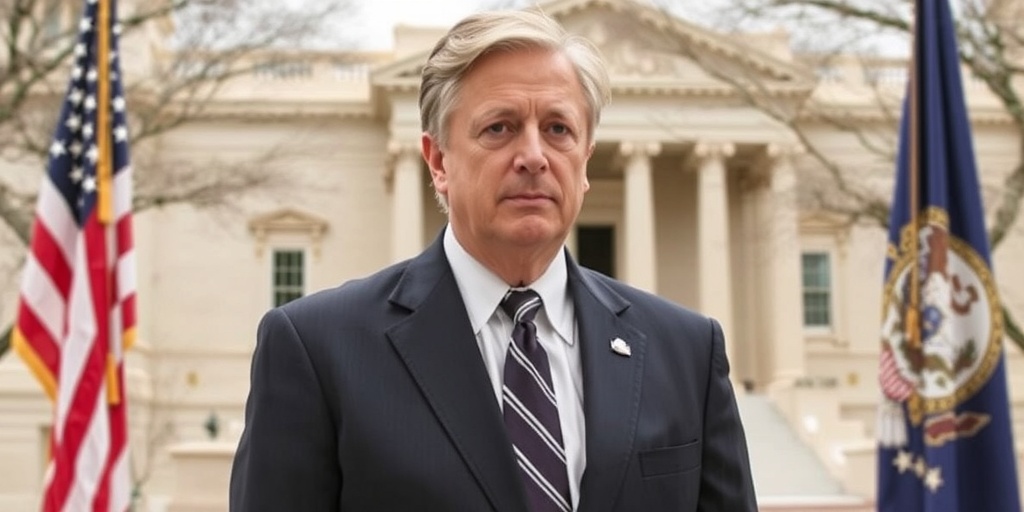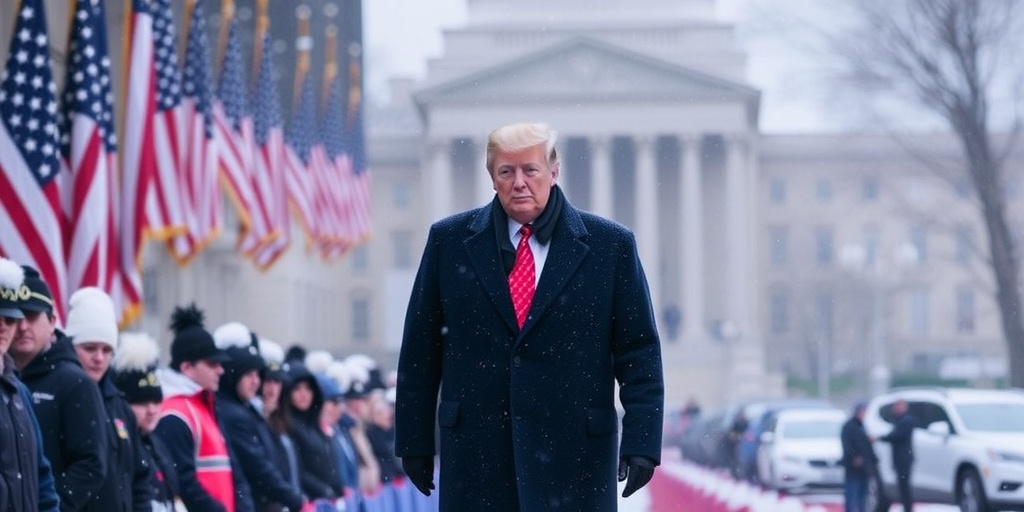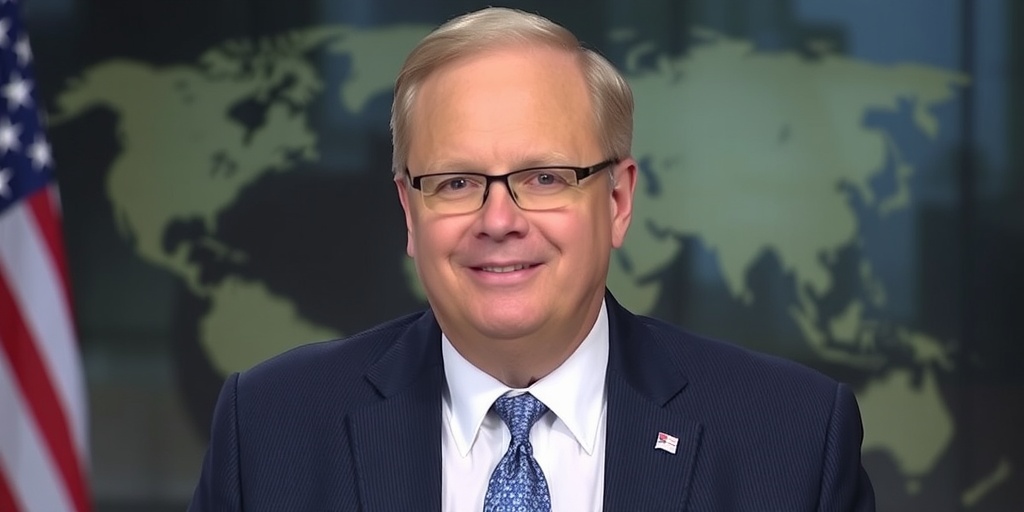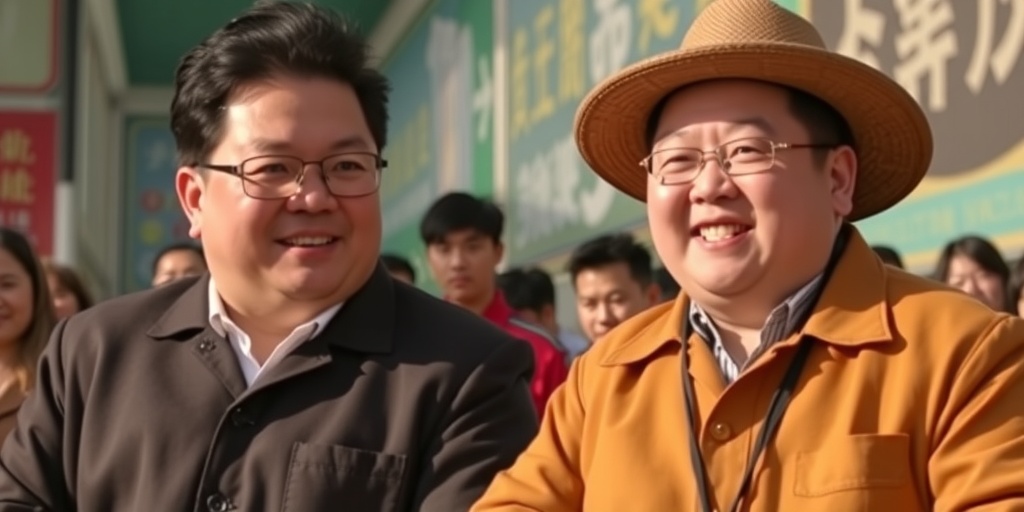Now Reading: Glenn Youngkin: From Diversity Champion to Anti-D.E.I. Governor
-
01
Glenn Youngkin: From Diversity Champion to Anti-D.E.I. Governor
Glenn Youngkin: From Diversity Champion to Anti-D.E.I. Governor
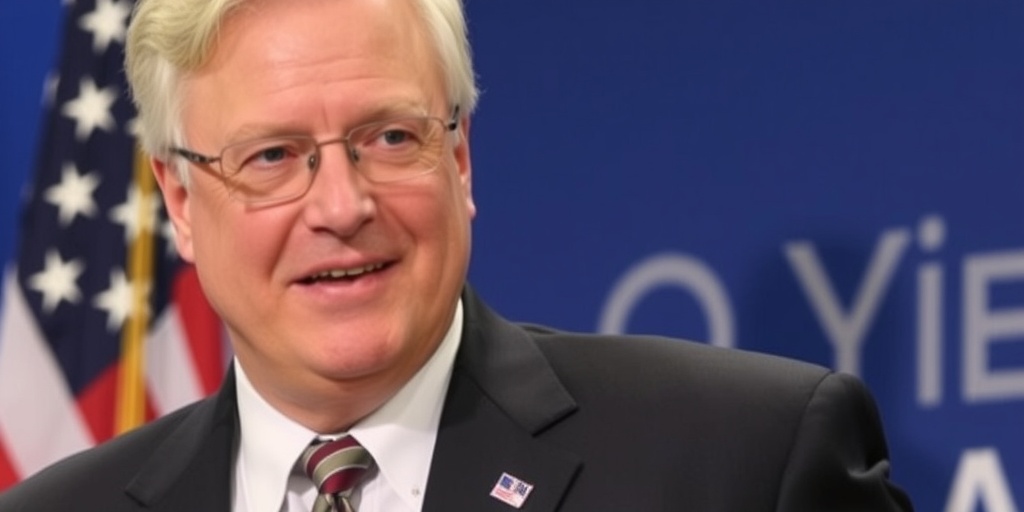
Glenn Youngkin’s Transformation from Diversity Advocate to Republican Culture Warrior
In a striking evolution, Virginia Governor Glenn Youngkin has transitioned from a financial executive who prioritized diversity and inclusion (D.E.I.) to a prominent figure in the Republican Party, where he now adamantly opposes such initiatives. Before taking office, Youngkin was recognized for his commitment to diversity in the finance sector. In a 2018 interview with Bloomberg Markets, shortly after becoming co-chief executive of the Carlyle Group, a leading private equity firm, he articulated the "clear challenges" surrounding race and gender diversity in finance. Youngkin stated, “The second we stepped into this role, we emphasized that this approach was not only going to continue, but it was going to be one of our key priorities.”
Fast forward seven years, and Youngkin has embraced a different political climate. As the governor of Virginia, he has harnessed growing conservative concerns about education and social justice issues, transforming them into a platform for political power. He has echoed former President Donald Trump’s criticisms of D.E.I. initiatives, declaring, "D.E.I. is dead in Virginia." This shift has caught the attention of many who previously worked alongside him at Carlyle, prompting them to reflect on the radical change in his tone and priorities.
Observers note that Youngkin’s political transformation epitomizes the Republican Party’s maneuvering in the wake of Trump’s presidency. What was once a Republican Party willing to entertain discussions about social justice has now become increasingly averse to identity politics. Youngkin’s pivot raises questions about the evolving nature of Republican values and the broader implications for political discourse regarding diversity.
Former Virginia Governor L. Douglas Wilder, the first Black elected governor in U.S. history and a moderate Democrat, initially believed Youngkin was committed to learning about diversity issues. However, he has since criticized Youngkin’s administration for its stance on these matters, describing him as “a disappointment to a lot of people.”
The political dichotomy surrounding D.E.I. initiatives reflects a broader national conversation. While many Americans endorse the concept of diversity, there is a growing sentiment that some formal D.E.I. programs have gone "too far." Some colleges have seen D.E.I. initiatives burgeon into extensive bureaucracies that critics argue stifle free speech and lean excessively toward left-leaning ideologies.
Youngkin himself has attempted to reconcile his previous support for diversity with his current opposition to D.E.I. programs by emphasizing the importance of “access to opportunities” over “equal outcomes.” He asserted, “It has been the radicalization of those concepts of diversity, equity, and inclusion that have so fundamentally changed.” His renaming of Virginia’s D.E.I. office to “the Office of Diversity, Opportunity and Inclusion” reflects this shift, suggesting a focus on diverse experiences and thoughts rather than rigid adherence to D.E.I. frameworks.
Prominent Republican pollster Whit Ayres cautioned against conflating Youngkin’s private sector views with his public office actions, underscoring that the expectations in each role are vastly different. Ayres emphasized that terms like "diversity" and "inclusion" have become unpalatable within the Republican lexicon, marking a departure from Youngkin’s earlier commitment to these principles.
Youngkin’s time at Carlyle coincided with a heightened emphasis on corporate responsiveness to diversity issues amid the social justice movements sparked by events like the murder of George Floyd. In the wake of those events in 2020, Youngkin and co-CEO Kewsong Lee issued a public letter affirming Carlyle’s commitment to diversity and announcing investments in social justice initiatives. Yet, by the time he ran for governor, Youngkin was publicly distancing himself from that commitment.
In recent discussions, Youngkin has expressed that he does not recall where he may have donated funds related to those initiatives, reinforcing his focus on the absence of D.E.I. rather than the specifics of his past philanthropy. His recent statements center around condemning violence and recognizing the need for equitable opportunities without the context of identity-centric programs.
This dissonance between Youngkin’s past and present has left some of his former allies perplexed. Some speculate whether his shift reflects a recalibration resulting from political ambition or a delineation between personal values and professional obligations during his time at Carlyle.
Ultimately, while Youngkin asserts a consistent belief in equal opportunity, critics argue that the current political climate’s fixation on dismantling D.E.I. initiatives may overshadow pressing issues that demand attention, including governance and competency within political leadership. As former Representative Barbara Comstock noted, the focus on eradicating D.E.I. has raised questions about the effectiveness of the overarching Republican agenda, particularly in managing the complexities facing the nation today.
In summary, Glenn Youngkin’s journey from a corporate advocate of diversity to a governor who champions anti-D.E.I. sentiment encapsulates a broader transformation within the Republican Party, raising fundamental questions about the future of diversity initiatives in American politics.
Stay Informed With the Latest & Most Important News
Previous Post
Next Post
-
 01New technology breakthrough has everyone talking right now
01New technology breakthrough has everyone talking right now -
 02Unbelievable life hack everyone needs to try today
02Unbelievable life hack everyone needs to try today -
 03Fascinating discovery found buried deep beneath the ocean
03Fascinating discovery found buried deep beneath the ocean -
 04Man invents genius device that solves everyday problems
04Man invents genius device that solves everyday problems -
 05Shocking discovery that changes what we know forever
05Shocking discovery that changes what we know forever -
 06Internet goes wild over celebrity’s unexpected fashion choice
06Internet goes wild over celebrity’s unexpected fashion choice -
 07Rare animal sighting stuns scientists and wildlife lovers
07Rare animal sighting stuns scientists and wildlife lovers













